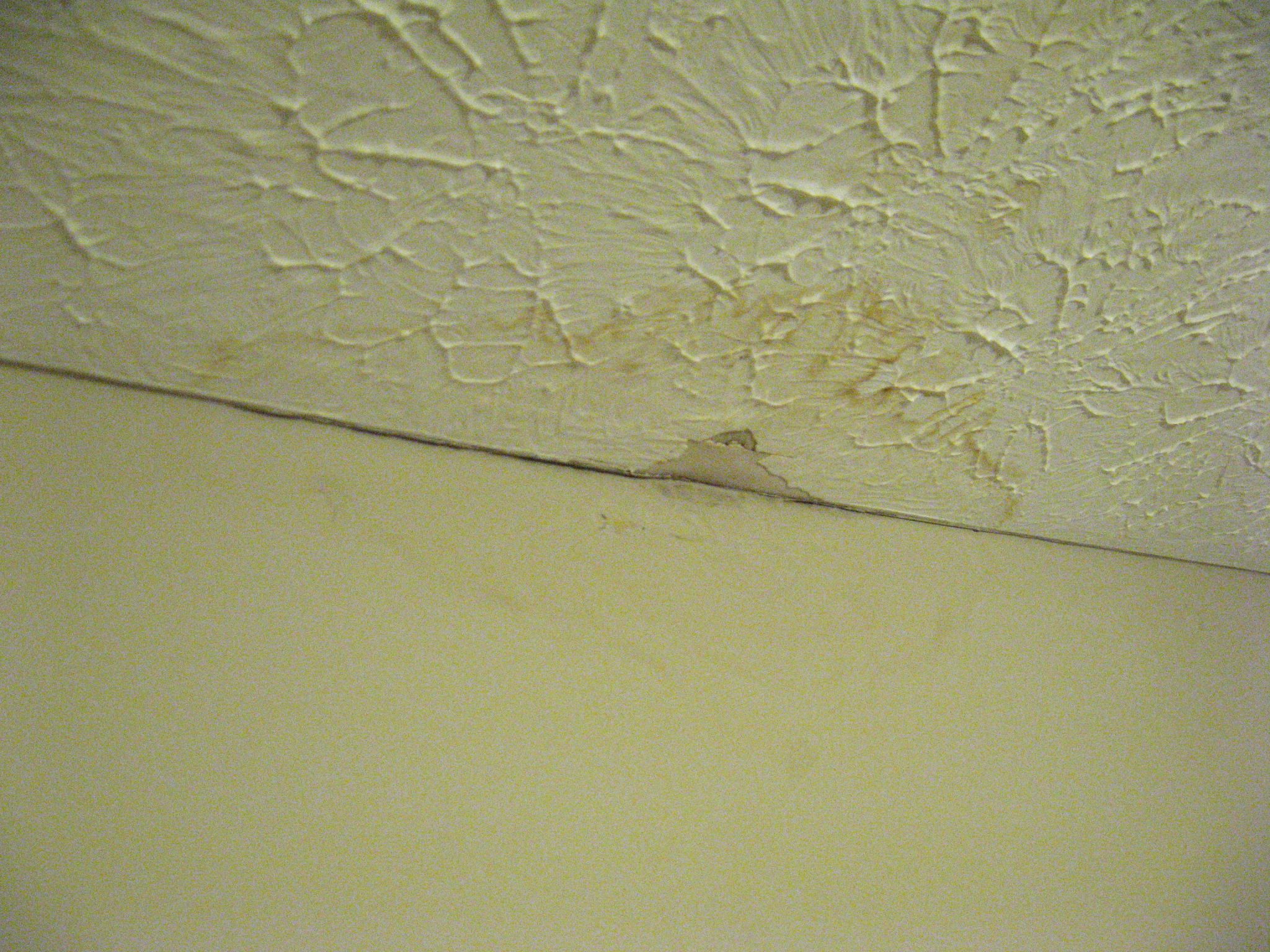Your House's Most Frequent Triggers of Leak Problems: In-Depth Analysis
Your House's Most Frequent Triggers of Leak Problems: In-Depth Analysis
Blog Article
Just how do you really feel when it comes to How to Find Water Leaks?

Leaks not only cause waste of water but can also cause unnecessary damage to your home and advertise undesirable organic growth. Water leakages may go unnoticed given that most of the pipework in our residence is concealed. By recognizing as well as looking for day-to-day scenarios that create leaks, you can safeguard your house from future leakages as well as unnecessary damage. Today, we will certainly take a look at 6 leak triggers that might be causing your pipes to leak.
Encroaching roots
Most water leakages begin outside the house rather than inside it. You could notice wet spots or sinkholes in your backyard, and that may indicate that tree origins are invading water lines causing water to leak out.
Corroded water supply
As time goes by, your plumbing system ages and also corrosion such as rust may start eating away the pipes. This might be the reason for staining or warping on your pipes. This calls for an inspection with your plumber instantly. If our plumbing system is old, take into consideration replacing the pipelines considering that they go to a higher danger of deterioration than the more recent designs.
Malfunctioning Pipe Joints
The point at which your pipelines connect is regularly the weakest link in the waterline. Pipeline joints can weaken over time, causing water leaks. The majority of pipeline joints are not quickly noticeable. If you have loud pipelines that make ticking or banging noises, particularly when the warm water is turned on, your pipeline joints are probably under a great deal of stress. It is advisable to have your plumber examine your system yearly.
Instant temperature level modifications.
Extreme temperature adjustments in our pipes can cause them to broaden and acquire unexpectedly. This development and tightening may create splits in the pipes, specifically if the temperature are below cold.
Poor Water Connectors
Sometimes, a leak can be brought on by loosened pipes as well as pipelines that provide your appliances. Typically, moving is what triggers the loose water Links. You may discover in the case of a cleaning maker, a hose pipe might spring a leakage due to drinking throughout the spin cycle. In case of a water connections leakage, you may see water running directly from the supply line or pools around your home appliances.
Clogged Drains
Blocked drains pipes could be frustrating and also inconveniencing, yet they can in some cases wind up creating an overflow leading to burst pipelines. Maintain eliminating any type of materials that might drop your drains that could block them to avoid such inconveniences.
All the above are reasons for leaks but not all water leaks result from plumbing leakages; some leakages could come from roofing leaks. All leaks must be repaired promptly to stay clear of water damages.
Leakages not just cause waste of water but can also create unneeded damages to your home as well as promote undesirable natural growth. By understanding and also looking for day-to-day scenarios that trigger leaks, you can shield your house from future leaks and also unnecessary damages. Today, we will look at six leak causes that might be creating your pipelines to leak.
At times, a leak can be caused by loosened pipes and also pipelines that provide your home appliances. In instance of a water connections leak, you might discover water running straight from the supply line or pools around your appliances.
How To Check For Water Leak In Your Home
How To Check for Leaks
The average household's leaks can account for nearly 10,000 gallons of water wasted every year and ten percent of homes have leaks that waste 90 gallons or more per day. Common types of leaks found in the home are worn toilet flappers, dripping faucets, and other leaking valves. These types of leaks are often easy to fix, requiring only a few tools and hardware that can pay for themselves in water savings. Fixing easily corrected household water leaks can save homeowners about 10 percent on their water bills.
To check for leaks in your home, you first need to determine whether you're wasting water and then identify the source of the leak. Here are some tips for finding leaks:
Take a look at your water usage during a colder month, such as January or February. If a family of four exceeds 12,000 gallons per month, there are serious leaks.
Check your water meter before and after a two-hour period when no water is being used. If the meter changes at all, you probably have a leak.
Identify toilet leaks by placing a drop of food coloring in the toilet tank. If any color shows up in the bowl after 10 minutes, you have a leak. (Be sure to flush immediately after the experiment to avoid staining the tank.)
Examine faucet gaskets and pipe fittings for any water on the outside of the pipe to check for surface leaks.
Undetected water leaks can happen without the home or business owner even realizing. If you suspect a water leak, but not able to find the source. It is time to contact a professional water leak detection service, The Leak Doctor.
How To Find a Water Leak In Your Home
https://www.leakdoctor.com/blog/How-To-Check-For-Water-Leak-In-Your-Home_AE197.html

I am just very inquisitive about How to detect water leaks in your home and I hope you appreciated the new article. Be sure to take a moment to share this content if you appreciated it. We truly appreciate reading our article about Common Water Leaks In House.
Hot water gone? Call. Report this page